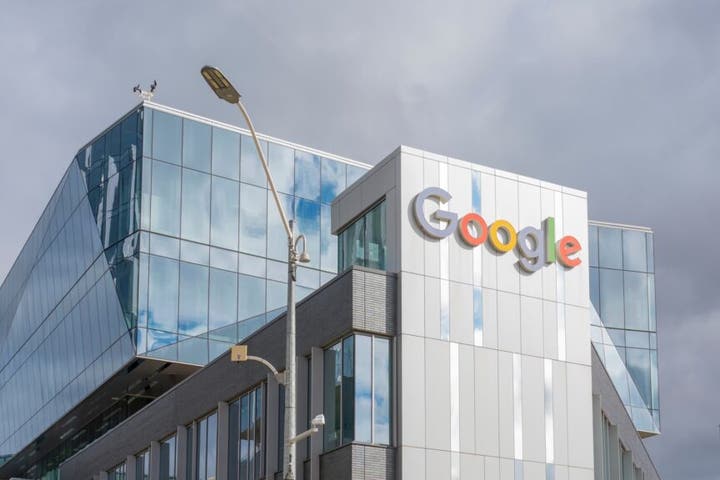
Alphabet Inc. (NASDAQ:GOOGL) (NASDAQ:GOOG) co-founder Larry Page rejected Apple Inc.‘s (NASDAQ:AAPL) signature “focus on one thing” philosophy during a pivotal meeting with Steve Jobs, according to Palo Alto Networks Inc. (NASDAQ:PANW) CEO Nikesh Arora.
What Happened: Speaking on Zerodha co-founder Nikhil Kamath‘s podcast, Arora recalled how Page recounted his conversation with Jobs when Google was still a small company competing against the established Apple. Jobs advised Page to follow Apple’s model of doing “one thing really well” to achieve global dominance.
“Steve said to Larry, ‘Larry, look at the model. The model is, we do one thing, we do it really well. If you do one thing really well and win around the world, you’re gonna win,'” Arora said, citing Page’s recollection of the meeting.
However, Page disagreed with Jobs’ strategy. At the time as Google was simultaneously developing Gmail, Chrome, Google Search, Maps, and other products. Page believed success came from having great people who could build multiple great products simultaneously, not from limiting focus to a single offering.
“Larry had a different point of view. He said, ‘Look, I don’t believe that. I believe it’s a question of capacity. If you have great people, you can motivate them. They can go build great stuff. As long as you focus on building a great product, it doesn’t matter if you do one or many,'” Arora explained.
Why It Matters: Page’s “product-obsessed” approach became evident when he assumed Google’s CEO role. He structured his leadership team with seven product-focused direct reports compared to just three business-focused executives.
When Arora prepared a comprehensive business presentation for their first one-on-one meeting, Page dismissed it, stating he needed to focus on building great products.
“Tech companies which lose sight of great products eventually fail,” Arora said. According to him, once-prominent firms like Sun Microsystems and Yahoo were industry leaders in their prime but ultimately stumbled after drifting away from a strong product vision.
This philosophical divide between Apple’s focused approach and Google’s diversified strategy proved successful for both companies. Apple’s concentrated efforts on flagship products like the iPhone generated massive market share in specific categories, while Google’s multi-product ecosystem created the foundation for Alphabet’s current $2.17 trillion market capitalization.
Page’s “additionality” principle, which he discussed at TED2014, emphasized creating products “that wouldn’t happen unless you’re actually doing it.”
Read Next:
Disclaimer: This content was partially produced with the help of AI tools and was reviewed and published by Benzinga editors.
Photo courtesy: JHVEPhoto / Shutterstock.com







